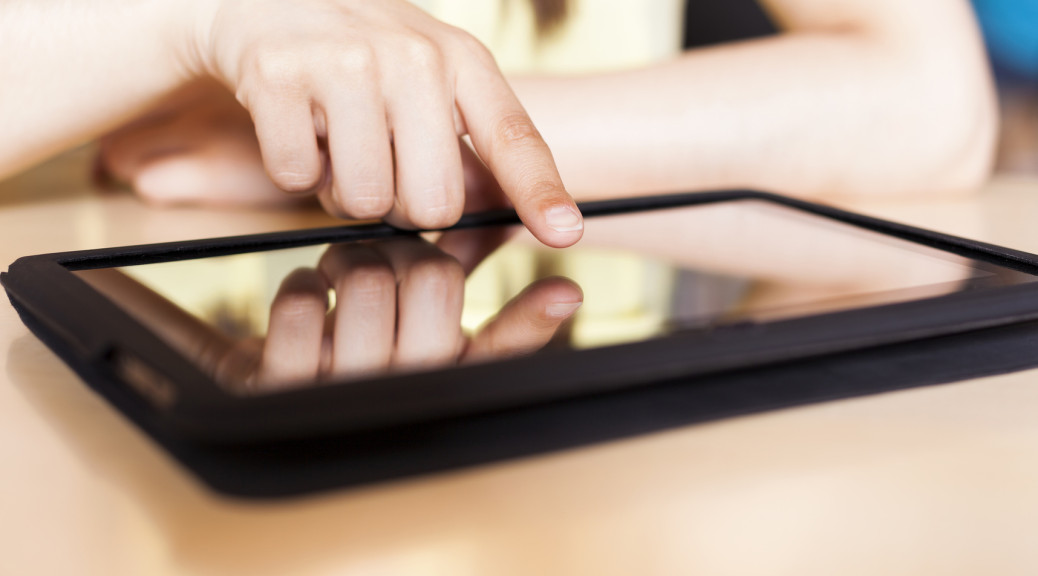Every human being carries a unique mark on each finger. A tangle of lines and curves that can belong only to one human; fingerprint. A fingerprint cannot be similar from one individual to another. Using it as a passcode or password seems to be the most secure way to protect all of your data. Because it ensures the authenticity of its owner.
Related: Google introduces biometric data connection system to websites
Laptops already equipped
Today, more and more laptops are equipped with software to recognize the user's fingerprints. So, to log in, you don't have to remember any password. A simple swipe of your finger on the screen now allows you to open your Windows login. A real revolution that brings us even closer to our favorite science fiction writers.
Biometric sensors, really effective?
Except that… The fingerprint sensors currently installed on mobile phones do not guarantee the security of the device. As proof, the last two models tested by a group of German researchers have been hacked in less time than it takes to say. All it took was a simple mold, made from a fingerprint photo, to unlock the smartphones in question at first. Samsung and Apple are therefore housed in the same brand.
Avoid linking sensors to sensitive applications
Worse, on some phones, it is proposed to link the biometric sensor to applications such as PayPal. And, given the ease with which fingerprints are reproduced, it is best to avoid linking your bank account with your fingerprint. Indeed, hackers soon learned to master the art (quite simple after all) of duplicating a fingerprint. One could imagine then that a simple theft of telephone would allow to steal the sums present in our various accounts associated with a biometric sensor.
Back to the good old password
In fact, and in light of these experiments by groups of researchers, it is preferable to maintain password authentication. Why? Simply because if you get a password stolen, it's always possible to change it. If a fingerprint is stolen, it's for life, and for all applications. It is impossible to change fingerprints. And the worst part is that we let our fingerprints hang around, on everything we touch, and especially on the glass of our smartphone. Our passwords are tidy somewhere in our memory. And it's much harder to get them there than to reproduce a fingerprint.
What other methods of protection?
Perhaps one day we will be able to double the authentication of our most sensitive applications? A password and a fingerprint or iris scan, also unique, coupled with a scan of the vocal cords? All you have to do is keep imagining, and looking at how, in anticipatory films, hackers always manage to outwit the vigilance of any protection systems.

